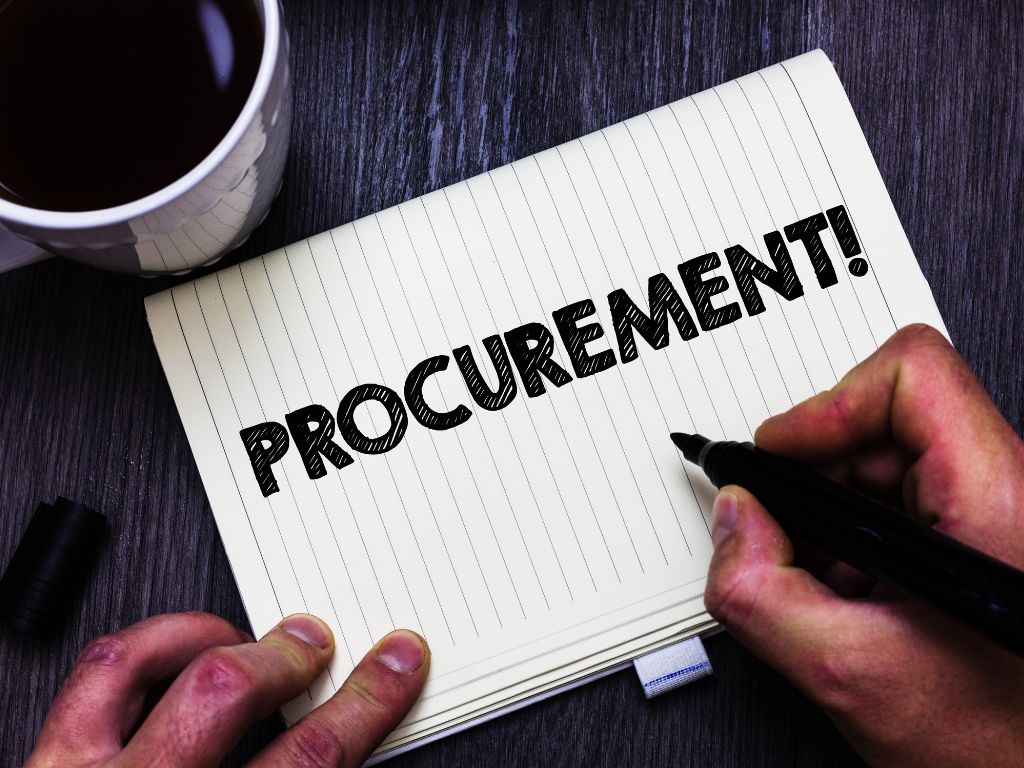Did you know that schools in England collectively spend a staggering £10+ billion annually on non-staffing costs?
It’s one of the reasons why effective procurement is absolutely critical, but the idea of going to tender for edtech and school management software can feel pretty daunting. However, there’s no reason why it should be complicated and there are actually some brilliant benefits to testing the market and running a formal procurement for the solutions used by your school.
Here are our top three reasons why running a procurement is a good thing:
1. Savings and Efficiency
Going out to procurement means you can benefit from economies of scale which might not be currently available to you with an existing supplier or arrangement. For example, if you’re part of a Trust, engaging with the same supplier as other academies in your MAT but doing it separately isn’t the most efficient approach. By consolidating your spending as a Trust you immediately gain better buying power and secure better deals.
Similarly, aggregating your purchasing decision as a group of schools within an LA means you can also benefit from acting as a group. In many cases, your LA support team will be able to help negotiate a discount for the group of schools while still allowing you all to purchase your own licences (Support Teams are also brilliant at helping schools manage implementations, migrate data and co-ordinate training so we’d recommend asking your local Support team for advice when planning any move or procurement).
It’s also important to remember that efficiency is key. Going out to procurement and then using a Dynamic Purchasing System or Framework offers access to pre-vetted supply chains and can significantly reduce timescales compared to traditional procurement processes.
For software and infrastructure, good options include:
- Crown Commercial Services (CCS)/G-cloud https://www.crowncommercial.gov.uk/agreements/RM1557.13#products
- Everything ICT https://www.everythingict.org/
When it comes to school management information systems (MIS), there are more options available, many created by or in conjunction with school support teams. For example:
- NYES Digital (North Yorks framework) https://nyes.digital/mis/mis-framework/
- The ICT Service https://theictservice.org.uk/management-information-services/
For devices, especially climate-friendly and budget-friendly options such as reconditioned laptops, etc. ScoStore is a brilliant tool https://portal.getech.co.uk/ScoStore
For more general school purchasing try ESPO https://www.espo.org/ and YPO (Yorkshire Purchasing Organisation) https://www.ypo.co.uk/
2. Compliance
Compliance essentially involves following internal financial rules and statutory requirements when spending public money (and, in the case of MATs, the Academy Trust handbook). Failing to ensure fairness, transparency, and equal treatment of all suppliers—especially if you’re engaging with existing suppliers—can inadvertently lead to legal challenges. We’ve seen legal action taken in the MIS sector (for example, Bromcom recently won its case against ULT re. fair and best practice in education procurement) so really can’t emphasise enough the importance of avoiding such pitfalls. The risks include costs, time burdens, reputational damage, and potential fines and legal action in serious cases.
Compliance involves adhering to the legal framework known as Public Contracts Regulations 2015 (PCR2015) but it shouldn’t be something to fear. You can mitigate these risks by adopting a robust approach to your procurement exercise, and being able to make use of frameworks helps a great deal. Frameworks and DPS provide compliant pathways to procure goods and services so they should always be considered as an option.
3. Improving Outcomes
A procurement exercise is not solely about getting the best price. It’s about understanding your requirements and identifying the best solutions that meet your needs while balancing price, and ultimately delivering greater outcomes for your school or MAT. A well-thought-out procurement process can make a huge difference—both financially, by releasing cashable savings, and by maximizing social benefits for your school, Trust, and the wider community.
When looking at new solutions or replacing an existing legacy system, also ask yourself the following:
- How does the contract benefit your staff, students, and community through service delivery and by accessing the knowledge and expertise of suppliers?
- What are you hoping to achieve and what would truly benefit your schools or MAT?
- Will this add value and make a remarkable impact?
- How will this partnership support the SIP (School Improvement Plan) or the MAT’s overall strategies? For example sustainability, pupil safeguarding, pupil progress, financial security
Summary
While the prospect of engaging in tender processes for edtech and school management software might seem daunting, the benefits far outweigh the challenges. By exploring the market and running a formal procurement, schools can unlock a world of opportunities that lead to significant savings and enhanced compliance.

Leave a Reply